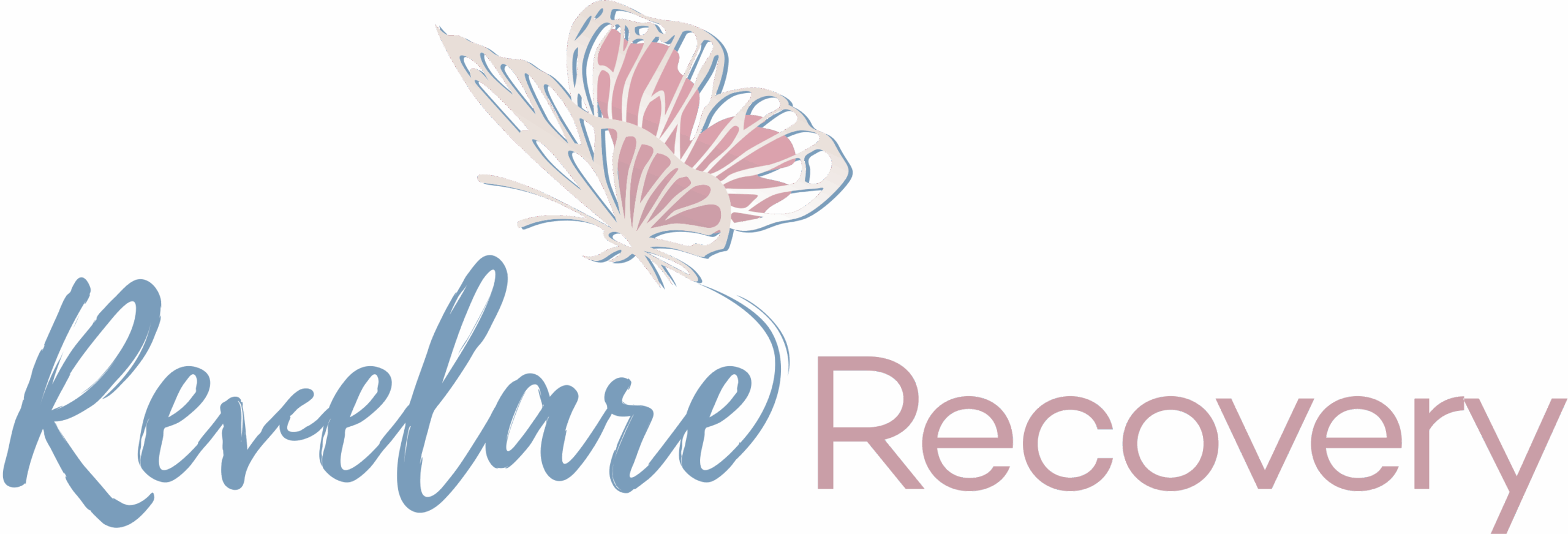Practicing Self-Help Cognitive Behavioral Therapy provides women with needed hope to overcome negative thoughts and anxiety and eating disorders. Interventions based on Self-help Cognitive Behavioral Therapy (CBT) demonstrate their effectiveness in giving women the power they need for mental health improvement. The recovery tools of self-help CBT assist people with binge eating disorder (BED) and anorexia and bulimia and disordered eating patterns to modify their brain patterns and emotional behaviors and seek recovery.
What is Self-Help Cognitive Behavioral Therapy (CBT)?
CBT represents a proven methodical therapeutic approach that provides effective treatment for different mental health disorders particularly eating disorders. The treatment approach examines relationships between thought processes and emotional reactions as well as behavioral patterns to enable patients to identify negative habits and develop different thinking strategies.
Self-help CBT provides an alternative version of standard therapy which enables women to learn and practice CBT skills through various resources including physical books, web applications and interactive papers and electronic therapeutic tools. This practice enables users to work independently since it provides versatile options for people who cannot access prompt therapist support.
Why is Self-Help CBT Effective for Eating Disorders?
Women with eating disorders typically develop distorted beliefs about eating and their physical appearance and their own self-value. Through self-help CBT patients gain the ability to challenge unhelpful thoughts while learning new suitable coping strategies. Benefits include:

- Increased Awareness – Recognizing the impact of negative self-talk and unrealistic body expectations.
- The ability to cope with stress anxiety and depression arises from emotional regulation which avoids both food restriction and binge eating behavior.
- Behavioral Change – Replacing harmful behaviors with self-compassionate, goal-oriented habits.
- Women should be allowed to progress through the recovery process according to their individual speed.
1. Empowers Women to Take Control
Eating disorder patients usually experience a strong sense of powerlessness in their condition. The tools provided by Self-help CBT give individuals the power to question their thoughts and behaviors to obtain mental wellness control.
2. Provides Flexibility and Accessibility
Several individuals face barriers to traditional therapy because they encounter financial obstacles as well as packed schedules and specialist doctor limitations. Self-help CBT serves as an affordable approach which adapts to any personal schedule.
3. Helps Challenge Body Image Issues
Relapses in eating disorders mainly happen due to distorted body self-image. The CBT tools of cognitive restructuring and thought journaling enable women to escape their self-critical thoughts thus allowing them to practice body neutrality and positivity.
4. Reduces Anxiety and Depression
Studies show that CBT brings success in alleviating the dual conditions of anxiety and depression that commonly accompany eating disorders. The combination of negative thinking pattern addressing with self-help CBT helps decrease symptoms while building emotional resilience for the overall patient.
5. Encourages Mindful Eating
After overcoming an eating disorder women commonly develop two issues: excessive food consumption triggered by emotions and negative feelings about eating. Through its self-help CBT program women learn how to practice mindfulness which teaches them how to eat healthfully without either restricting their food intake or overeating.
6. Fosters Self-Compassion
During recovery, women face the major difficulty of battling their own internal criticism. Through CBT self-help methods women learn to show themselves compassion which decreases the psychological burdens of eating problems and body image concerns.
7. Helps Prevent Relapse
Eating disorder recovery brings frequent occurrence of relapse as a common challenge. The long-term maintenance of mental wellness relies on self-help Center for Psychological Sciences because it strengthens coping methods along with constructive thinking patterns.
8. Can Be Used Alongside Professional Treatment.
Self-help CBT serves as an additional tool for therapeutic reinforcement in therapy with its capabilities to strengthen skills learned by female patients receiving IOP or residential treatment.
9. Enhances Self-Esteem and Confidence
The psychological approach of CBT directs women toward embracing self-value while offering them methods to build self-confidence independently of their physical attributes.
10. Supports a Sustainable Recovery Journey
A successful eating disorder recovery involves stopping behavioral issues yet establishing enduring mental health stability. The acquired CBT techniques within self-help guides maintain their usefulness beyond the termination of professional therapy.
How to Get Started with Self-Help CBT
The following steps outline a path toward mental wellness control:
- To find an effective CBT resource for eating disorder recovery one can use books such as Overcoming Binge Eating by Dr. Christopher Fairburn or opt for online CBT-based programs specifically designed for this purpose.
- You should begin tracking your thoughts concerning food body image emotions within a Thought Journal while using the CBT techniques for this purpose.
- Cognitive Restructuring as a practice requires you to exchange incorrect thinking patterns with more unbiased understandings.
- You should participate in CBT-based mobile applications and worksheets which provide you with structured guidance for self-help.
- Self-help does not require someone to navigate recovery without obtaining support from others. The combination of joining recovery communities online along with periodic help from therapists helps people enhance their recovery journey.
Enhance Your Mental Wellness Through Self-Help CBT
Eating disorder recovery together with negative self-perceptions needs patience because the self-help CBT approach helps restore mental wellness effectively. Building self-compassion through harmful thought identification helps you develop mental strength and positive relationships between yourself and food and your body.

Ready to take the first step? The therapy serves as an excellent solution which benefits patients together with their families while they work on health-related issues. Expert therapeutic help can be found through calls to practiced eating disorder specialists and treatment centers when additional support is required.
Revelare Recovery establishes a mission to assist women in achieving their emotional and mental wellness targets. To receive professional cognitive behavioral therapy resources contact Revelare Recovery by dialing (888) 341-0244.
